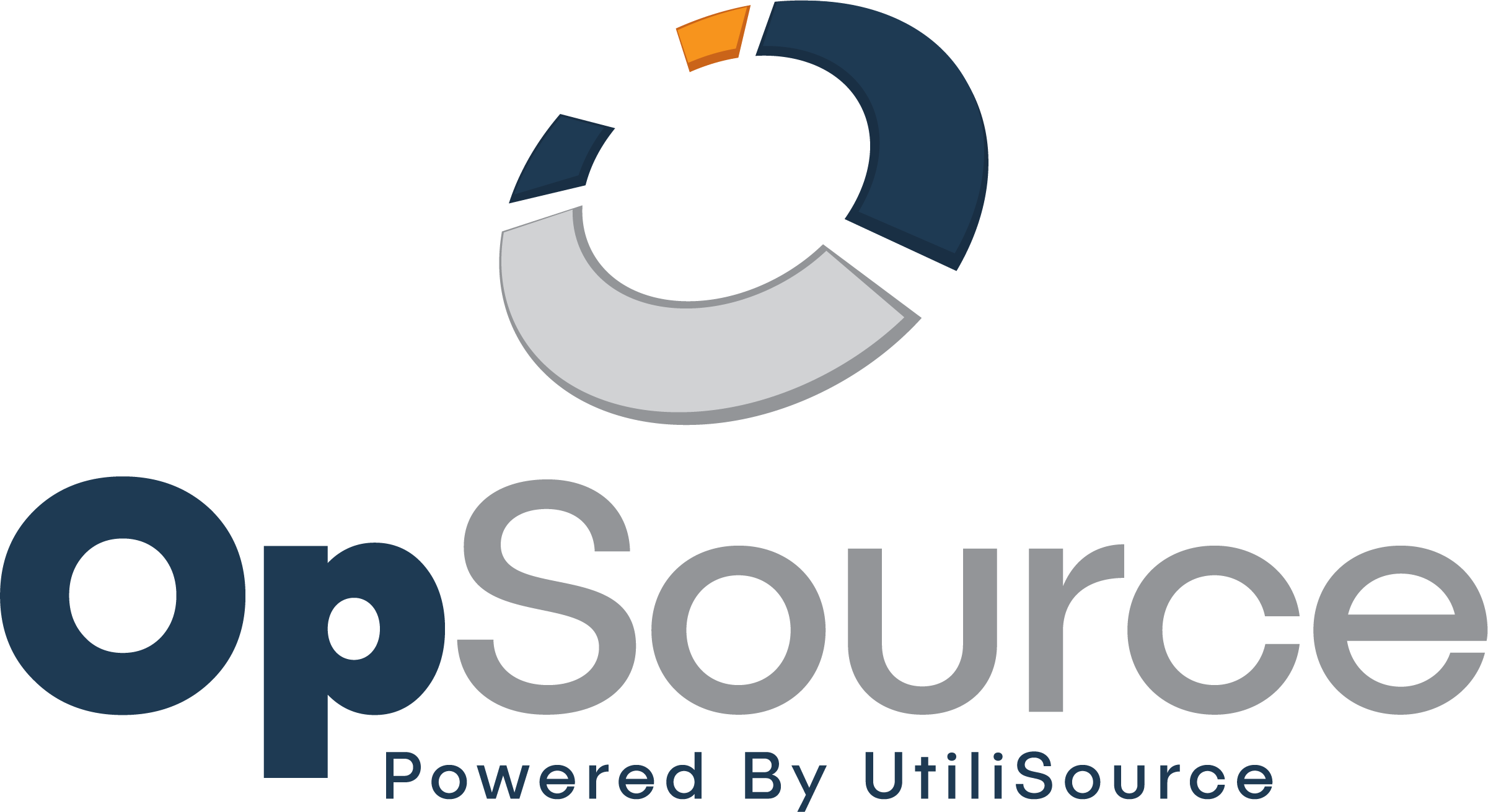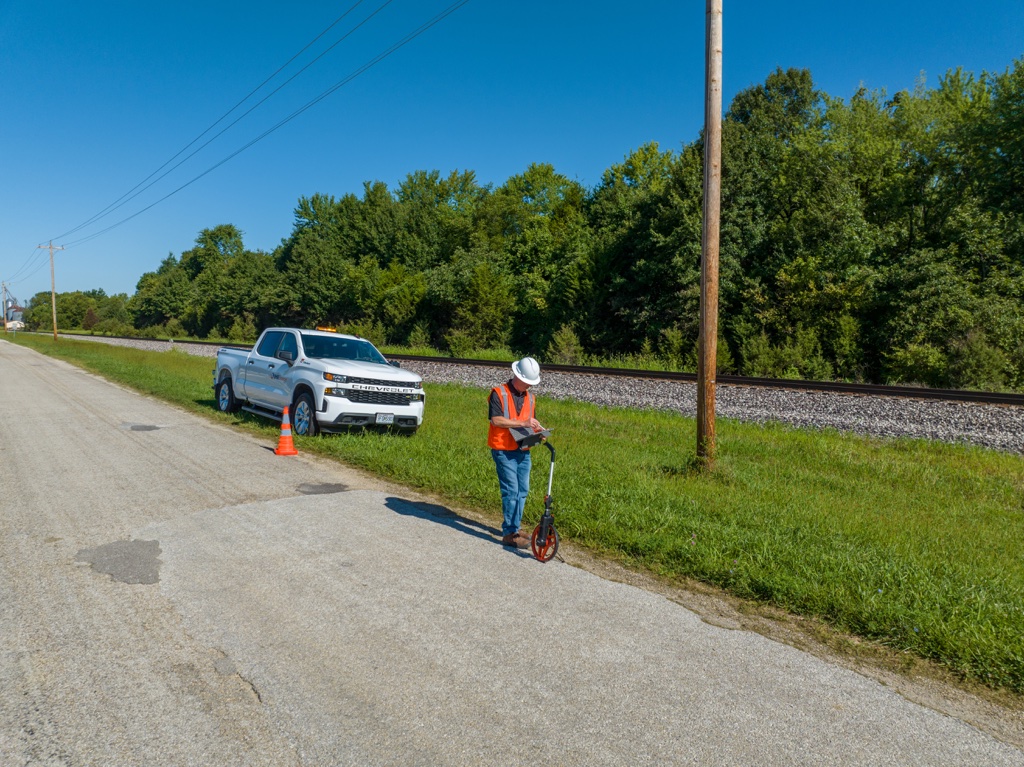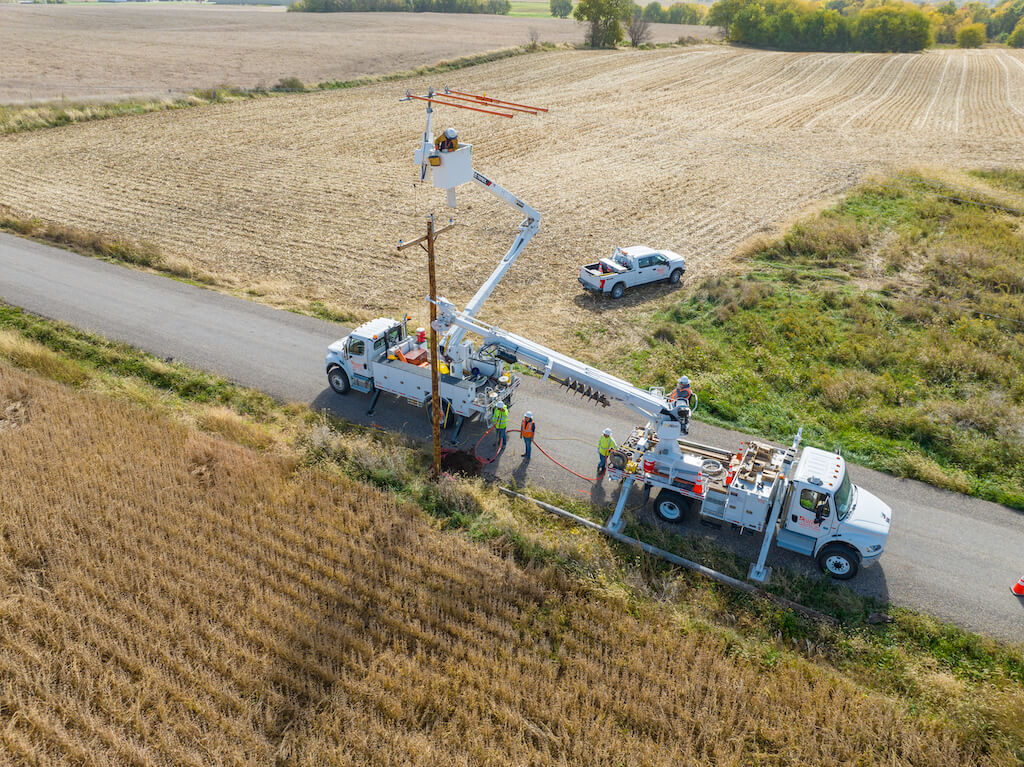In today’s world, technology and industry intersect more than ever. The field of industrial technology stands at the forefront of innovation and efficiency. We are seeing rapid changes in industrial spaces in real time with the rise of industrial technology. The rise of industrial technology is producing long term, positive outcomes in our world.
Defining Industrial Technology
Industrial technology is a discipline that combines principles of science and engineering with applied engineering and technology management. It focuses on optimizing manufacturing, engineering, and production processes.
Industrial technology can be used to make industry processes more efficient, cost-effective, and often more environmentally friendly. This field is not limited to a single industry. It spans a variety of industries, each with its unique challenges and technological needs.
Advancements in Industrial Technology
The engineering, construction, manufacturing, and utility sectors have grown more complex in recent decades. The process management strategies and tools used to navigate this complexity have evolved with it. However, industrial technology has been evolving for decades. In recent years, we’ve seen a digital transformation in these industries.
It began with the industrial revolution in the 18th century. This era is defined by the rate of production of goods growing rapidly. As a result, solutions where needed to manage operations. Optimizing efficiency was vital for keeping up with the supply-demand dynamic.
In those days, this meant finding the most productive ways to manage activities. These activities include the industrial manufacturing process and making continuous improvements to process industries. Observation and time management were the primary methods for process optimization during that time.
Fast forward to now, we have powerful resources at our disposal. These resources include digital data collection tools, robust statistical analysis methods, machine learning and artificial intelligence (AI) for pattern recognition. Operations managers can harness these tools to make highly informed decisions.
It can help in the following areas: resource use, labor, communication, document management, and time distribution. It can be used to improve efficiency, reduce energy consumption, and predict maintenance needs. The key is to develop applications that meet the unique needs of an industry or job-type. Then, to actively seek out areas that need improvement and develop innovative solutions.
Preparing Industrial Technologists: The Role of Education
Training, education, and industrial technology programs play a critical role in developing and refining the industrial technologies used in process optimization. Educational programs equip students with technical skills and expertise. These degree programs often cover a wide range of topics such as operations management, technology management, data analysis, optimization theory, system automation, and communications.
These programs give professionals a comprehensive understanding of these topics. They allow field personnel to more effectively analyze problems, optimize operations, and develop new processes and tools.
Industrial Technology in the Utility Industry
The utility industry is a great example of one that relies on these powerful technological innovations. The utility industry is responsible for providing our water supply, gas, electricity, and more.
Utility companies are constantly working on numerous projects such as managing utility networks, utility locating, and installation and repairs. Advancement in industrial technology positively impacts the ability of utility operations managers to manage and improve labor, productivity, time usage, and resource use.
To be more specific, these technologies open a door for collecting and analyzing large quantities of data. This data can be utilized to detect relevant patterns in a specific project or workflow.
Which procedures work best? What factors improve the quality and efficiency of field operations? What are the ideal communication and data access pathways between workers, managers, and stakeholders?
Applied example
A practical example can be seen in utility locating operations. During the utility locating process, underground utility location data is generated by using equipment like ground penetrating radar (GPR). The field crew may collect depth, length, and location/coordinate data throughout this process.
Utility locating projects are complex with a lot of different moving parts. They may span great distances and utilize multiple crews. In addition, these crews may be working on multiple projects throughout the day.
For the manager of these operations, having up-to-date, organized data is important. They must be able to effectively monitor active field work and maintain lines of communication. Innovations in industrial technology provide a way to automate and streamline these processes.
First, new digital data collection tools eliminate the need for taking notes and logging data on paper. Mobile tools allow field workers to log information directly into the system. These systems then automatically organize the data and send it to the right places.
Current industrial technologies can also make project planning easier. From timelines, to crew size, to resources and equipment, software can be used to streamline these processes. For example, by tracking time stamps and other information, managers can analyze the rate at which a job can be completed and plan multi-job work days more effectively.
Conclusion: OpSource’s Suite is a Testament to Industrial Technology and its Role in Today’s World
OpSource stands at the intersection of innovation and practicality. We provide solutions that are not only advanced but also user-friendly and efficient. Whether you’re looking to streamline your utility field work processes, enhance your operational efficiency, or integrate computer-aided work flows, OpSource has the expertise and the technology to achieve your goals.
Our cloud-based solutions offer unparalleled flexibility and accessibility, allowing you to manage and optimize your operations from anywhere, at any time. This level of convenience and control is crucial in today’s fast-paced industrial environment, where every second counts and every decision matters. Contact us today to learn more about OpSource and our turnkey industrial technology solutions.



